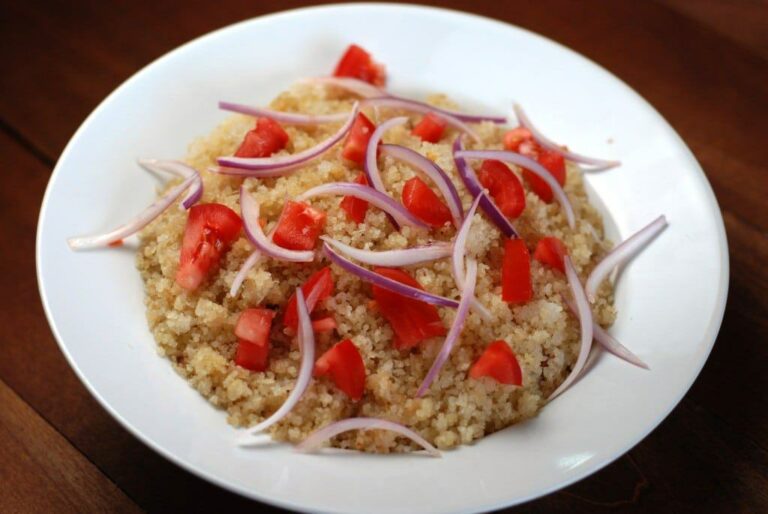Introduction: French Influence on Ivorian Cuisine
Ivorian cuisine has been influenced by many different cultures throughout its history, but one of the most significant influences has been French cuisine. The French ruled Côte d’Ivoire for many years, and during that time, they introduced many new cooking techniques, ingredients, and dishes that have become an integral part of Ivorian cuisine.
The influence of French cuisine can be seen in everything from the way Ivorians prepare their meals to the types of ingredients they use. Even today, many popular Ivorian dishes have French roots, and French restaurants and wine bars can be found throughout the country.
Historical Overview of French Rule in Côte d’Ivoire
The French first arrived in Côte d’Ivoire in the late 19th century, and they quickly established themselves as the dominant colonial power in the region. Over the next several decades, the French introduced many new ideas and practices to the country, including their culinary traditions.
French cuisine became particularly popular among the Ivorian elite, who were often educated in France and had a taste for French cuisine. As a result, many French restaurants were established in the country, catering to the tastes of the urban elite.
Introduction of French Cooking Techniques in Ivorian Cuisine
One of the most significant ways that French cuisine has influenced Ivorian cuisine is through the introduction of new cooking techniques. The French introduced many new techniques, such as sautéing and braising, which have become an integral part of Ivorian cooking.
In addition, the French also introduced new methods of food preservation, such as canning and curing, which allowed Ivorians to preserve food for longer periods of time. These techniques have allowed Ivorian cuisine to evolve over time, incorporating new flavors and textures.
French Ingredients in Ivorian Dishes
French ingredients have become an integral part of many Ivorian dishes. For example, French cheeses, such as camembert and brie, are often used in Ivorian dishes, as are French herbs and spices, such as thyme and tarragon.
French ingredients have also been incorporated into many traditional Ivorian dishes. For example, cassoulet, a classic French dish made with white beans and sausage, has been adapted by Ivorian chefs to include local ingredients such as plantains and yams.
French-Inspired Ivorian Dishes and Specialties
Over time, Ivorian chefs have adapted many French dishes to include local ingredients and flavors. For example, poulet yassa, a popular Ivorian dish made with chicken and onions, has its roots in a classic French dish called poulet chasseur.
Other French-inspired Ivorian dishes include bouillabaisse, a seafood stew made with locally caught fish, and ratatouille, a vegetable dish made with eggplant, zucchini, and tomatoes.
The Role of French Restaurants in Côte d’Ivoire
French restaurants have played a significant role in promoting French cuisine in Côte d’Ivoire. These restaurants cater to the tastes of the urban elite, and they offer a range of French dishes, as well as local specialties with a French twist.
In addition, French restaurants have played a role in promoting French wine in Côte d’Ivoire. Many of these restaurants offer an extensive selection of French wines, which have become increasingly popular among Ivorian wine drinkers.
French Wine and Its Impact on Ivorian Cuisine
French wine has had a significant impact on Ivorian cuisine. The French introduced wine to Côte d’Ivoire during their colonial rule, and over time, wine has become an integral part of Ivorian dining culture.
Today, Ivorians consume a wide variety of French wines, and many local wineries have been established to produce Ivorian wines that are inspired by French varieties.
Conclusion: The Legacy of French Influence on Ivorian Cuisine
The influence of French cuisine on Ivorian cuisine has been significant and enduring. French cooking techniques, ingredients, and dishes have become an integral part of Ivorian cuisine, and French restaurants and wine bars are an important part of the country’s culinary landscape.
Even as Ivorian cuisine continues to evolve and incorporate new influences, the legacy of French influence remains strong, and French cuisine will always have a special place in Ivorian dining culture.

